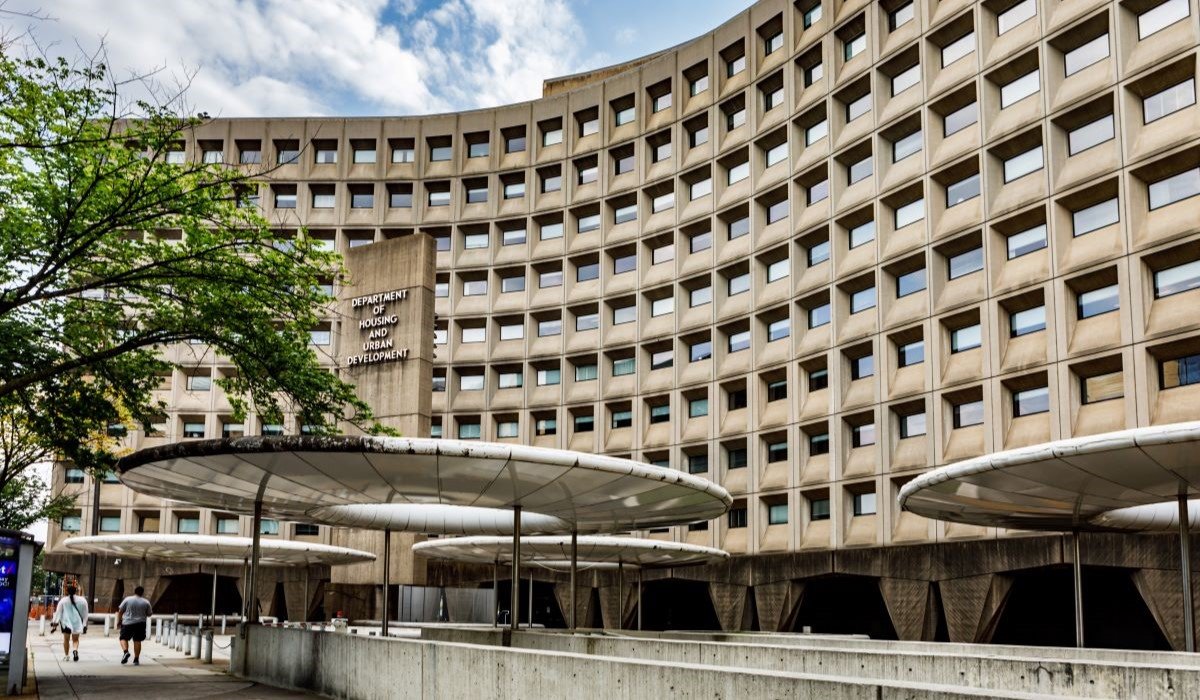Fha Publishes Final Rule To Establish Permanent Single-family Loan Sale Program

The Federal Housing Administration (FHA) on Wednesday published a final rule in the Federal Register, establishing a permanent program to sell seriously delinquent, FHA-insured single-family mortgages following the release of a proposal over the summer. A public inspection version of the rule was released on Tuesday prior to its final publication.
“This rule amends the requirements for the sale of eligible single family mortgage loans insured by the [FHA] that have been assigned to the secretary of the U.S. Department of Housing and Urban Development (HUD) in exchange for claim payments,” the notice reads. “The mortgage notes are sold, without FHA insurance, to qualified purchasers in a manner that seeks to maximize recoveries and strengthen HUD’s Mutual Mortgage Insurance Fund (MMIF) and to achieve HUD’s operational goals for the MMIF.”
The rule goes into effect on Jan. 10, 2025.
Loan buyers must offer loss-mitigation options “that are as or more generous than FHA loss mitigation options” when buying loans through the program, according to the rule. A pilot program for single-family loan sales has been in effect since 2002 and this final rule transitions it into a permanent program. HUD requested comments on the proposal in September, but in its final announcement explained that the final rule is being adopted without changes.
In addition to forward mortgages, the rule also applies to reverse mortgages issued through FHA’s Home Equity Conversion Mortgage (HECM) program, although it does excludes low-value, vacant properties from the permanent program.
FHA addressed several public comments in the final rule’s publication. These include comments related to bidding opportunities for nonprofit entities, a request to revisit a 95% value requirement, third-party capital partners, loss-mitigation options and more.
HUD explained that several of these comments will be addressed in venues outside of the rule itself. Comments requesting additional funding would require action from Congress to authorize more budget authority for HUD and/or FHA.
When reached about the potential impact of this move, Clarifire CEO Jane Mason explained that changes to operations or the processing of loss-mitigation claims are unlikely to change.
“However, it will be imperative for servicers to use advanced, proven technology for the modeling of workouts, which enables creativity, individual borrower scenario flexibility and greater opportunities,” Mason told HousingWire in a statement.
Implementation of the rule without changes did not appear to be a cause for concern among servicers. This is because most servicers “already do the best they can in providing the best to FHA loss mitigation options,” Mason said.
Operationally, transitioning this program from a long-running pilot to a permanent program should not cause serious challenges, she said.
“[But] servicers will need to have auditability for the milestones and characteristics of the loan. Hopefully most servicers have already implemented flexibility into the workout options,” Mason explained. “With more changes possible in the future, having technology that provides complete milestone visibility will be key.”


